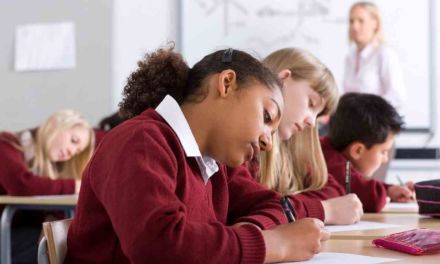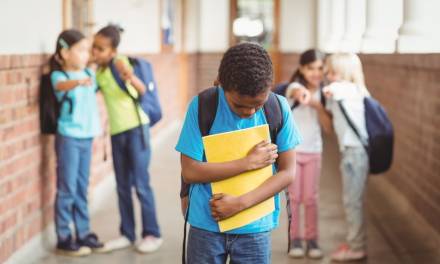It is possible that protecting children from being expelled from school might safeguard them in several ways. A substantial body of data suggests that children barred from attending school are more likely to have negative life experiences.
Greater educational achievements and more chances for the future may be achieved by providing children with the resources they need to remain in school. This also helps to guarantee that children are kept in a secure setting. Concerns relating to a larger scale of disproportionality within the criminal justice system are equally pertinent to school exclusion.
1. Alternative curriculums/work-based learning for exclusions
A person with limited academic skills feels that they replace some of their less important GCSEs with work-based learning or another realistically focused programme of study. The person feels they haven’t learned as much as they should have, and would do much better with work-based-learning opportunities rather than academic learning.
This course of action should not be chosen on a whim. However, having a variety of options based on work-oriented learning can teach young people the skills in demand in the job market and boost the confidence of someone who has already had more setbacks than they can handle. The most important part of this approach is ensuring that students have solid support about their future job options before their behaviour gets so bad that it takes them away from learning.
2. Supporting mental health issues
50% of kids who aren’t allowed to go to school have a mental health condition that can be diagnosed. This affects how they act in class. For example, a child with anxiety might find it hard to keep their temper in check in class. A good way to handle this issue is to have certified counsellors for students with behavioural issues. One-on-one sessions and regular sessions will help in tackling this problem.
3. Debriefing of incidents
Unhappily, many staff members, both those who teach and those who work in support roles, will also feel anxious. This is especially true as the outside world pressures us to produce results and outcomes. This, in turn, will cause situations not to be handled with as much calm or efficiency as they should be, leading to escalations that could have been avoided if they had been handled differently. After an accident, having helpful debriefings and not pointing fingers at anyone may help everyone learn from the experience and may even change how the staff behaves in certain situations.
4. Personal problems
Changes at home, like a divorce, a death in the family, or the birth of a new sibling, can sometimes make kids act out, leading to them being kicked out of school. Most parents will have met with the school several times before their child is kicked out. Since this is your child’s last chance to go to this school, now is your chance to explain what’s going on from their point of view.
5. Safe havens
Students who feel stressed or worried may be given a place to feel safe and supported. This can be done by creating “safe spaces” staffed by learning mentors, empathetic staff, or even older students who are part of the student cohort.
With the understanding that missed work must be made up and that there are consequences for misusing such a resource. With this system, students who are likely to use such a resource to leave a lesson or situation that is making them feel bad can agree on it ahead of time and have it ready for them. You can see patterns in how people use the safe space, which could help you plan interventions. For example, students who are always absent from English class could get extra help with reading, or they could switch classes to avoid a personality conflict.
Conclusion
People often use the word “exclusion” to describe what happens when kids are officially kicked out of school for bad behaviour and punishment. Every year, thousands of elementary school students are kicked out, either for a short time or for good. When we were younger, being “suspended” or “expelled” from school was the scariest thing that could happen. Nowadays, this issue has become more evident with the change in family dynamics, complex societal structure, and changes in educational institutions. It is time that parents, staff, and institutes come together as one to resolve such issues.
If you currently have students who are at risk of exclusion, then why not consider using an online alternative provision, such as EDClass. Students learn remotely and have one-to-one support from UK-qualified teachers via video or text chat. To book a free online demonstration of the platform, call 01909 568 338, send an email to mail@edclass.com, book here or click the image below.










